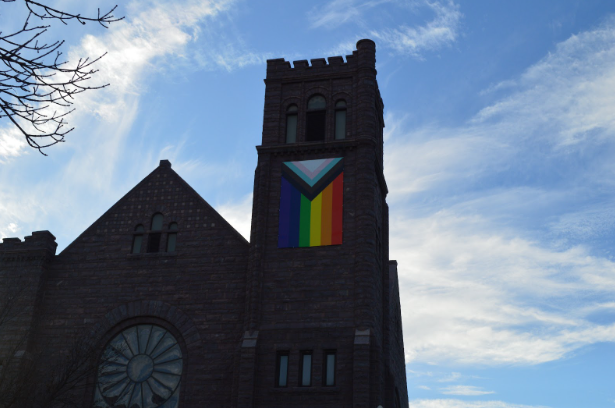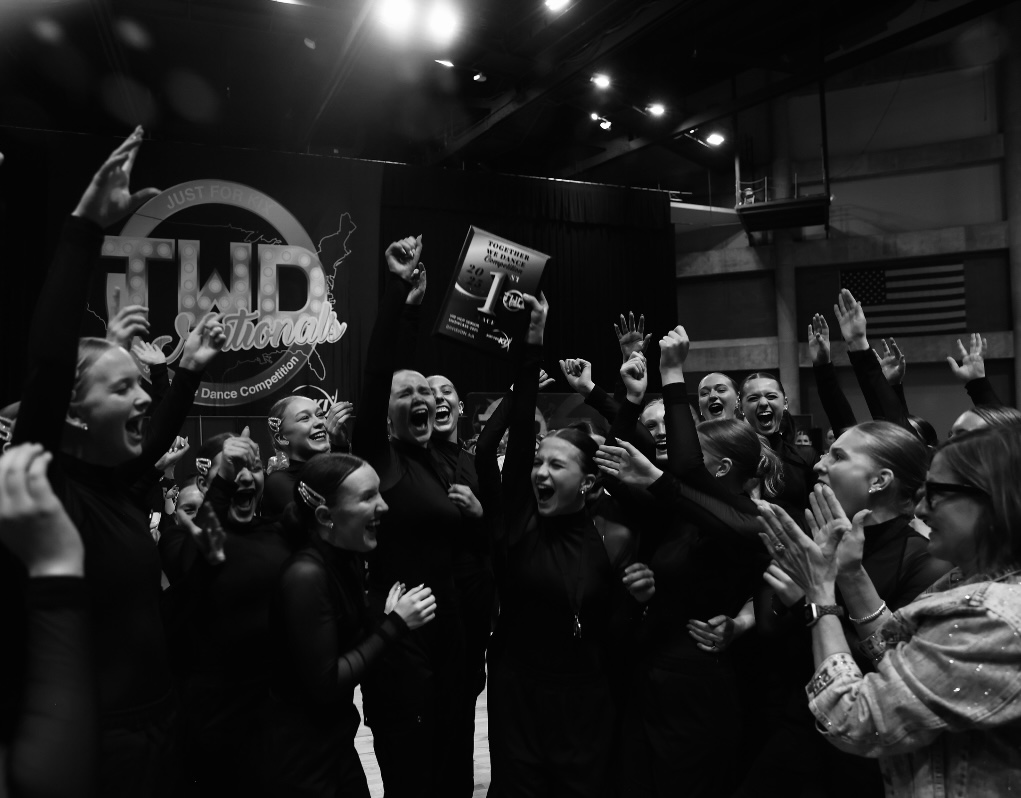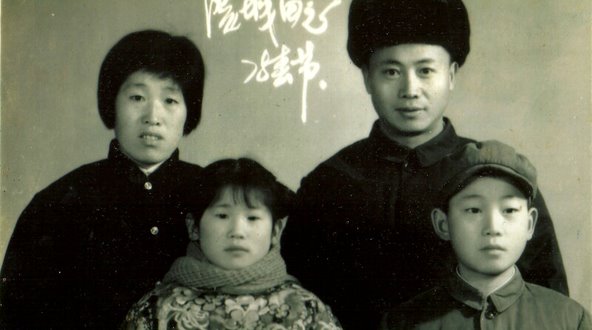In South Dakota, 79% of citizens identify themselves as Christians, while only 4% consider themselves Agnostic. Being non-Christian in South Dakota goes against the traditional values of the state’s majority, and I have found it difficult to find others whose beliefs are similar to my own.
Throughout my life, I have been introduced to Christianity both through going to church occasionally and learning from other people’s experiences and beliefs. At first, going to church once or twice a year did not phase me, as I was still naive to the ideology of Christianity. It was not until I learned about the anti-LGBTQ and anti-abortion morals written in the Bible that I decided to stray away from the church.
My parents have always taught me to love everyone no matter their sexuality or gender identity, and I have always been pro-choice, feeling as though it should be the woman’s decision on what to do with the fetus. Most Christian churches in South Dakota oppose abortion and the LGBTQ community because it is seen as a sin in the Bible, and although I think that everyone has a right to have their own opinion, I do not believe that someone’s opinion and religious beliefs should have a large influence on the lives of others.
It is dishonest to hold a minority group such as the people of the LGBTQ community to the standards of a book that has been translated thousands of times. The different priorities within the rules of Christianity go against everything that is admirable about the purpose of religion. Why is it that a text absolutely forbids wearing mixed clothing materials (Deuteronomy 22:11), eating shellfish (Leviticus 11:12) or trimming facial hair (Leviticus 19:27)? It could be said that these silly guidelines should be excused because of the times the Bible was written, which is exactly why rules about abortion and homosexuality can not be used as a disguise for hatred. Because the standards rooted in biases have outweighed the ones that are rooted in loving one another, it is time to reevaluate which guidelines are cherry-picked in order to follow Christianity.
I strongly believe in the separation between church and state, and as someone who is unaffiliated with any certain religion, I have been able to see the negative effects that bringing religious beliefs into politics has on the country. For instance, Christianity has had a huge influence on the increase of restrictive abortion laws, even if the majority of the population is pro-choice. Not necessarily every person who votes in favor of these decisions is religious; however, the dominating influence of Christianity in politics and American culture can easily scare people into making these judgments.
I constantly wonder: why are humans so relentlessly obsessed with the afterlife? Why can we not simply live life with the end goal of leaving a positive mark on the world and being good humans overall? Or is it the incentive of going to Heaven that makes people so inclined to live by the Bible and try so hard to make others do the same?
Part of the reason I hold so much resentment toward Christianity is because of the superiority complex that some, not all, Christians possess. For me, it feels like Christians believe that their values are the only correct ones, and if anyone has opposing values, they need to be “fixed” or else they will go to Hell. If finding comfort in religion is what people are seeking in order to feel good about themselves, it can not and should not be used as a reason to diminish the value of others.












Indra Chandrasekar • Dec 4, 2023 at 8:38 am
Very well written. Congratulations. The savior complex with Christianity and Christians has always been there historically. If someone needs religion to be moral they aren’t good people to begin with.
David Wernke • Nov 25, 2023 at 12:08 pm
You make ALL VALID points…too may wars and discrimination/to much ‘closed mind’. WELL WRITTEN!